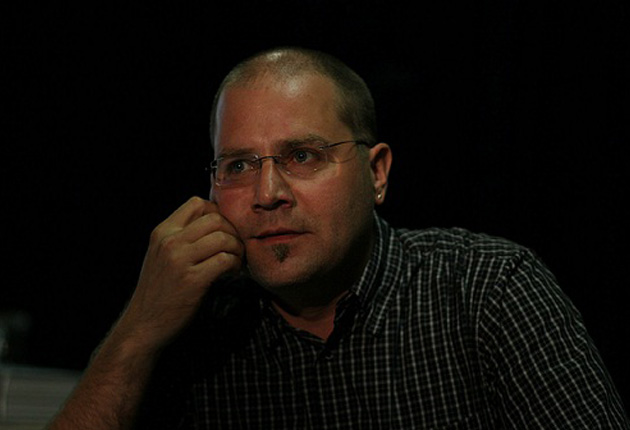Culture centres as stores and boutiques
Stuba Nikula
Most of the culture centers have an artistic director. He or she decides what is being sold on their different departments being that music, theatre, literature, whatever. But it is all one business. It goes to one bank account. And that is close to the department store model of a culture center usually seen everywhere in the world. Then there is the possibility of being very concentrated on one genre of culture usually the theatres or operas or whatever. And we can really benchmark them as being the boutiques only specialized in very expensive shoes or bags or whatever.
But our model being the distributive one is actually the one of a shopping mall. So we as the shopping mall managers have a task to collect a good combination of shopkeepers and place them so that they will benefit from each other’s customers flow and still create some positive competition between each other. I see value in each of these models. There is nothing wrong being any of that. In our case it is all because of this 57.000 m² building. It would be impossible for us to produce all the content of The Cable Factory. So it was seen much wiser not to produce any of it.
And if I watch different models of culture centres in Europe or in the world and if I see the ones that are successful and those who are not that much successful the reason is usually the lack of courage being some of these models. Usually there might be a culture center saying ok ⅔ of our programme is music but then we have a little bit of theatre and a little bit of visual arts. And that little bit is always neglected. Or you can see a culture center saying that half of the programme we do our selves but then the rest of the spaces and free dates we rent out for different producers and operators. And again that the other half, the rest is something worst and something that is not that highly noticed.
So I would say be whatever you want but have the courage of saying “no” to certain things in your business model. It is probably the hardest thing when you formulate a business model is to say: “No, we are not going to do that, we will not do that, we will concentrate on this.” It might be boring or it might be lack of ambitions or whatever. But it is still wiser to concentrate on a very strict well-formulated business model instead of going everywhere all the time.
Related fights
- Taking your ideas seriously
- How Watershed works
- New model of culture
- Cultural centres as citizen initiatives
- What is Creative Factory Rotterdam?
- Models of success
- From squat to a legal venue
- Autonomy vs Institutionalisation
- Story of PROEKT_FABRIKA in Moscow
- Paper factory worker = Culture centre worker
- Media Evolution
- Generator Sverige
- Creative Industries in Europe
- What Kind of Creative Entrepreneur Are You?
- Verkatehdas
- Evolution of The MitOst’s Strategy
- What is the creative incubator?
- Culture centres as stores and boutiques
- Village Underground runs three companies
- Incubator in Village Underground
- ufaFabrik works in three directions
- Why the ufaFabrik still exists?
- Changing role of ufaFabrik
- What is Linnalabor?
- Meet Factory is a recognizable brand
- NOASS is not only a venue
- Start of Uzupis Art Incubator
